Challenges

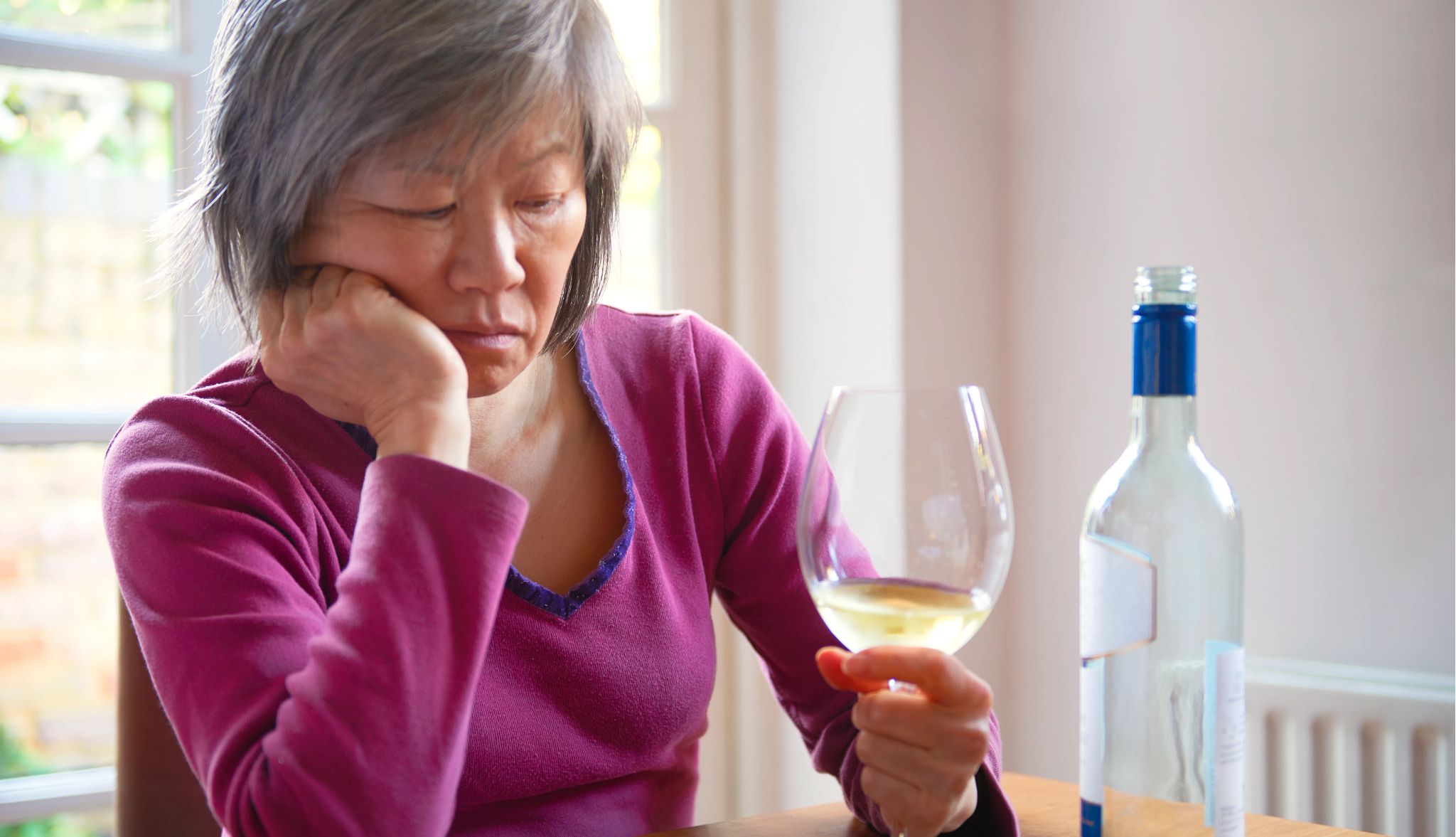
It’s a cruel twist of fate. As menopause symptoms such as stress, anxiety, mood swings and depression kick in, you may find yourself reaching for a glass of wine or a cocktail for relief. Unfortunately, just as you’re going through menopausal changes, your tolerance for alcohol is also shifting, which may not mix with your mixed drink.
Learning about the effects of alcohol on your body and brain during menopause is more important than ever, because women are drinking more than ever. One study revealed that, over the last decade, rates of excessive drinking among women have risen 84 percent as compared to a 35 percent rise among men.
Why are more women reaching for the bottle? For women age 50 and over, there are a whole lot of changes going on, which may include children leaving the house, parents needing care, more responsibility at work — and menopausal symptoms. And women are generally more likely than men to turn to alcohol to deal with stress and feeling overwhelmed, says MacKenzie Peltier, an assistant professor of psychiatry at Yale School of Medicine.
There’s this reduced stigma and normalization of drinking to relieve stress and low moods, Peltier says. “It was a bit more taboo [in the past] than it is now.”
Aging and alcohol
Even before the countdown to their last period, women have about 40 percent fewer dehydrogenase enzymes, the enzyme that breaks down alcohol, than men. As women get older, their bodies make even less of this enzyme, which means alcohol stays longer and accumulates more in their bodies.
On top of that, the imbalance between levels of body fat and levels of water in women’s bodies also accelerates as they age — body fat increases while water levels decrease, Peltier explains. Why is that a problem? Fat retains alcohol, and water disperses it.
These biological changes mean that women feel the effects of alcohol more quickly and more strongly around middle age than they did when they were younger, even when they drink the same amount.
“It also means that, as we age, we’re more sensitive to some of the effects of alcohol, such as its impact on coordination, balance, attention and memory,” she adds.
Plus, hangovers the next day can be worse than ever.







)



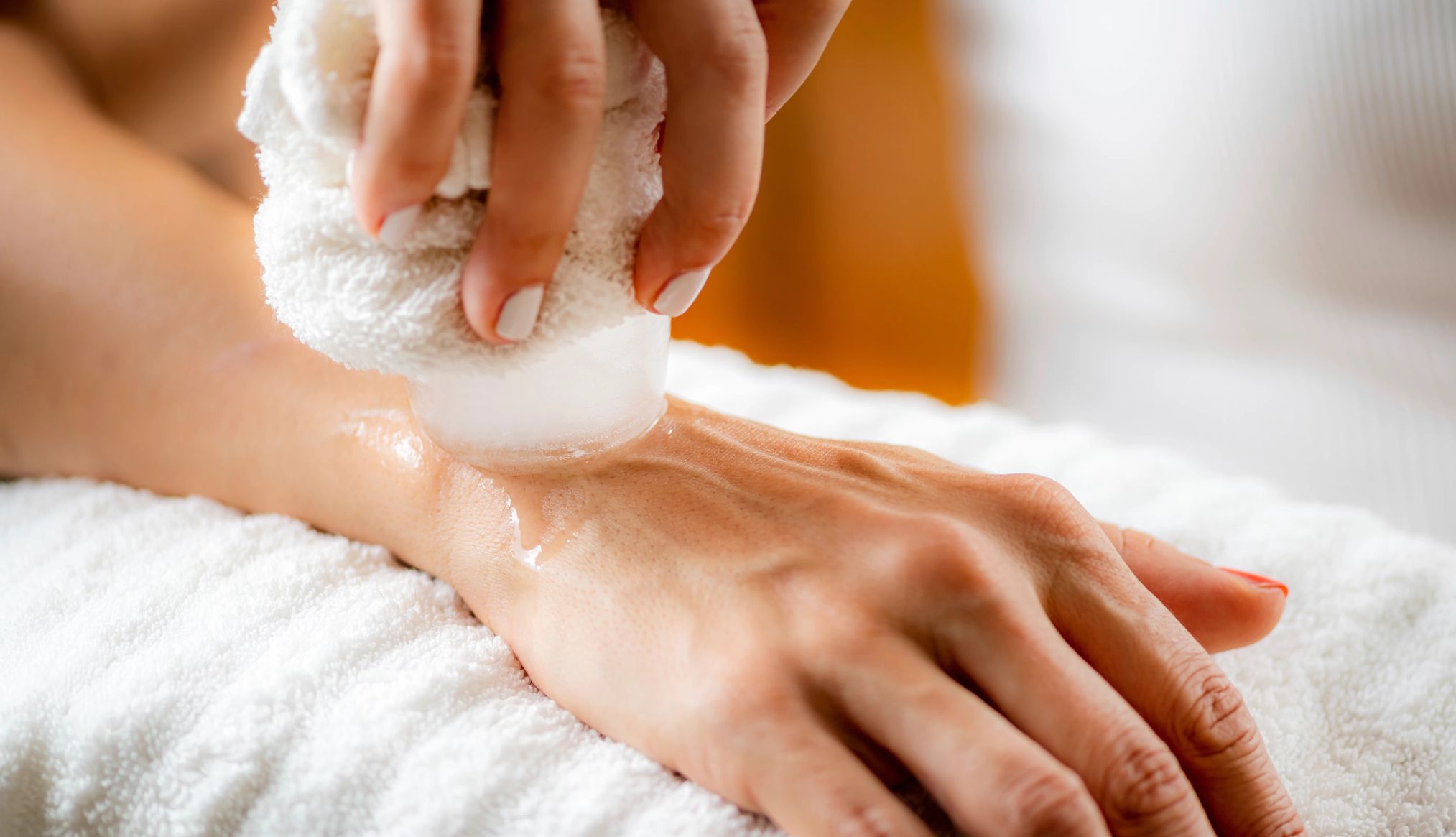

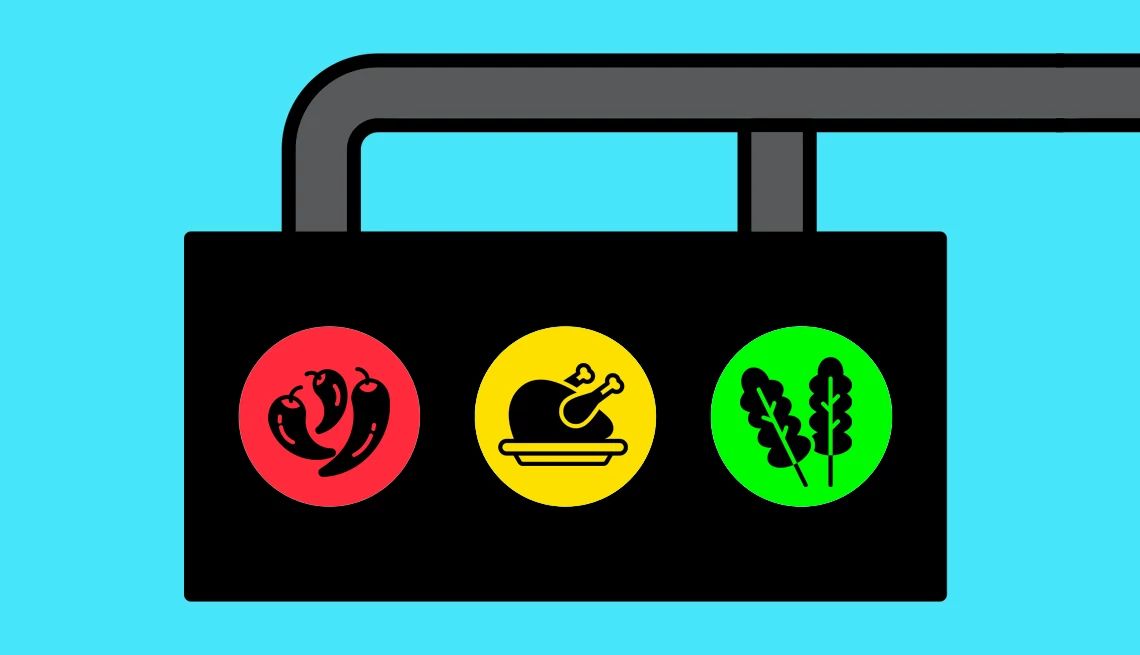

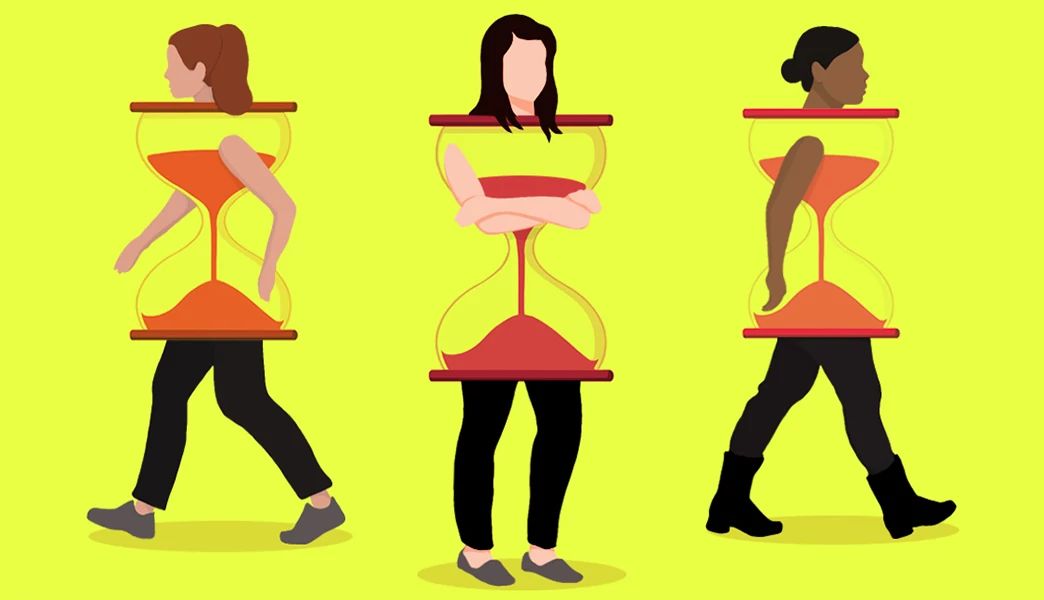
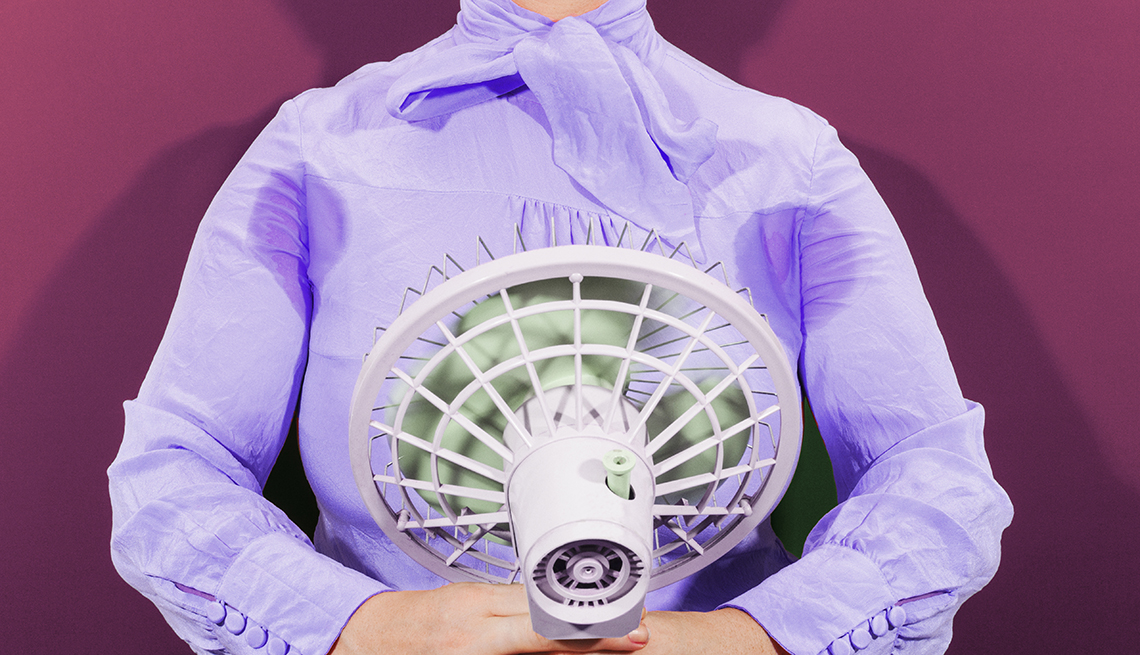
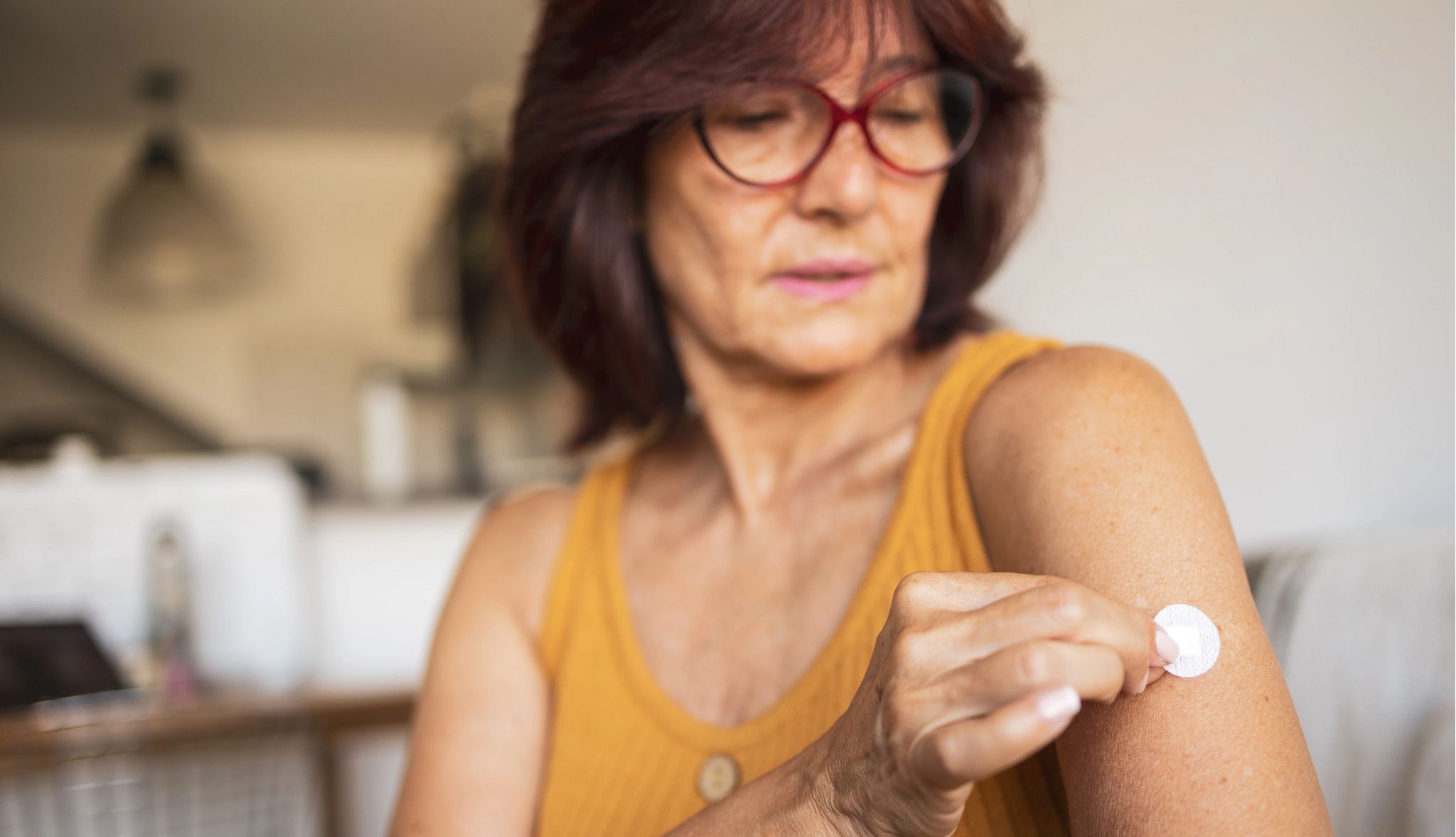











More From Staying Sharp
Tips for Managing Brain Fog at Work
These simple steps may make work life a bit easier
Think Women Sleep Worse Than Men?
Women are more likely than men to have insomnia
7 Actions to Support Women’s Brain Health
Daily habits such as sleeping well and exercising can make a difference